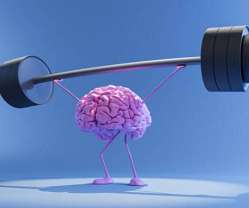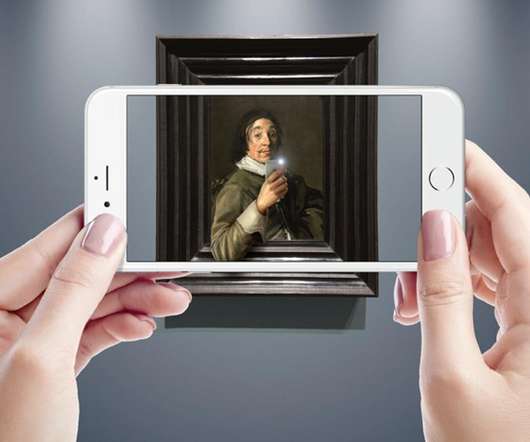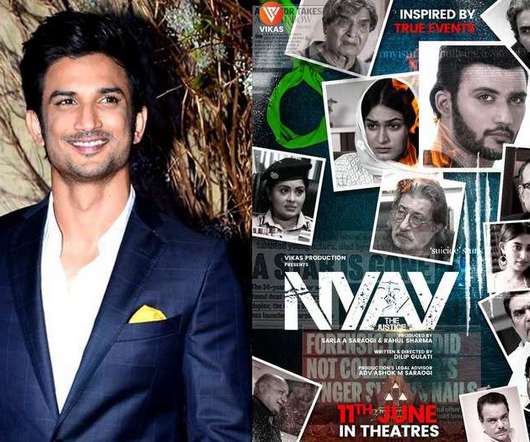Copyright implications of Augmented Reality for cultural goods – Part 1
Kluwer Copyright Blog
DECEMBER 5, 2022
This authorization may be grounded on property, contracts, cultural heritage rules or on copyright. The creation of AR experiences may involve acts of reproduction and communication to the public that have potential copyright implications. i) Public domain works. This happens in particular in contemporary art collections.















Let's personalize your content